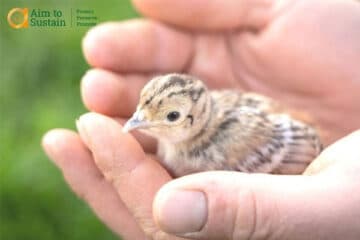As the grouse season draws to a close today, BASC has hit back at RSPB calls for an outright burning ban on moorlands.
While the RSPB has used information by Natural England to support its claims that burning is partly responsible for half of England’s Sites of Special Scientific Interest (SSSIs) being in ‘poor condition’, BASC insists the charity has misinterpreted the government’s data.
Dr Conor O’Gorman, BASC’s head of policy and campaigns, said: “BASC and RSPB actually share similar aims in that we are both seeking to improve the conservation value of our nationally protected sites, which cover six per cent of England.
“The RSPB’s recent analysis of government data underlines the need for Natural England to focus its resources on monitoring the condition of protected sites. Thirty five per cent of the management units making up these sites are in an unknown condition and it concerns BASC that the government’s own conservation agency does not know what is causing so many of England’s SSSIs to be in poor condition.
“However this uncertainty in SSSI condition does not legitimise the RSPB’s call for a ban on all moorland burning. The latest scientific studies clearly show that controlled vegetation burning can be a valuable tool to protect and enhance our peatlands.
“Controlled or ‘cool’ burning is a precise and professional operation used on many grouse moors and follows Defra’s Heather and Grass burning code.
“Inappropriate and poorly managed burning on deep peat is a damaging activity and where there is evidence that this is taking place Natural England has enforcement powers to take action on and off SSSIs.
“BASC’s position is clear. Controlled burning of vegetation in the uplands is an essential tool for grazing, livestock and wildfire management and mitigation. Burning can increase biodiversity and its use is highly site dependent. It is therefore incorrect to say that you should always burn or never burn.
“As the grouse season draws to a close today, it would be helpful to the future management of these fragile uplands if the RSPB revised its position from a ban on all moorland burning to recognising the continued need for targeted and carefully managed burning.”



